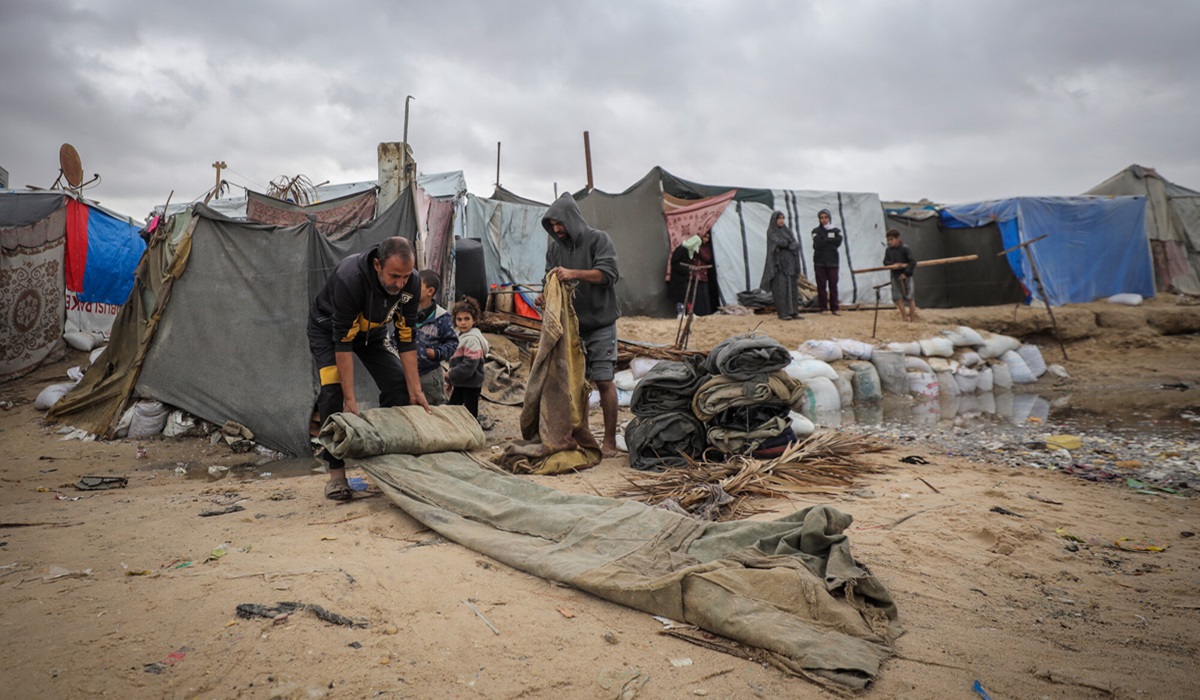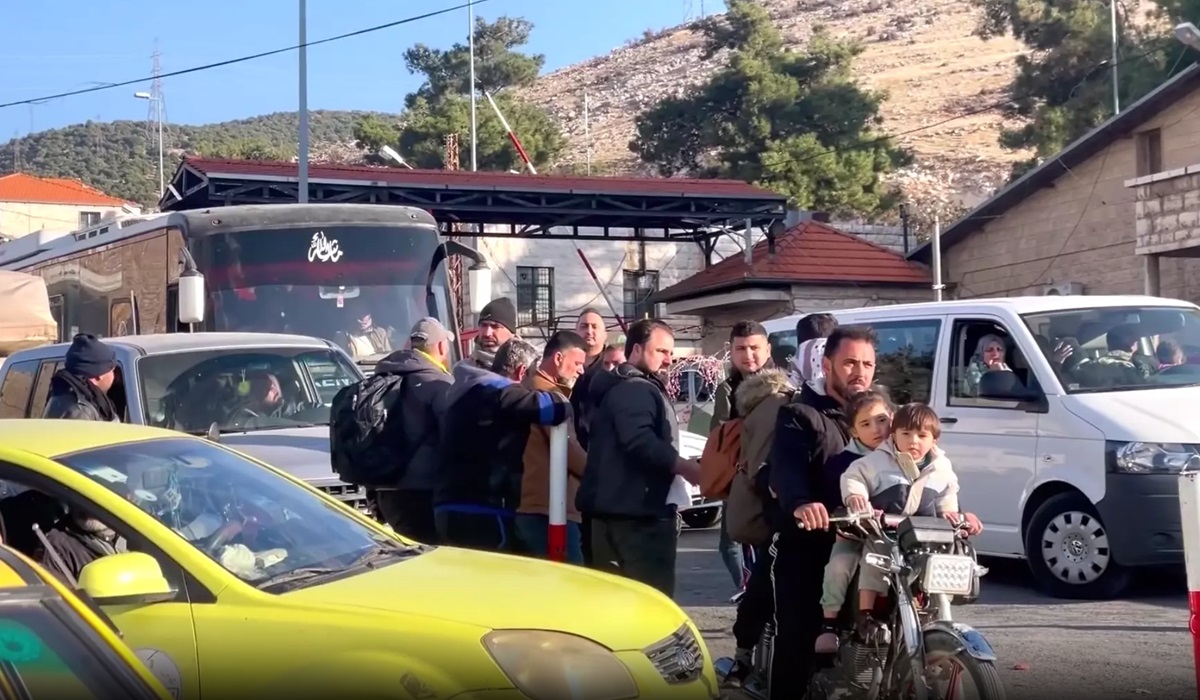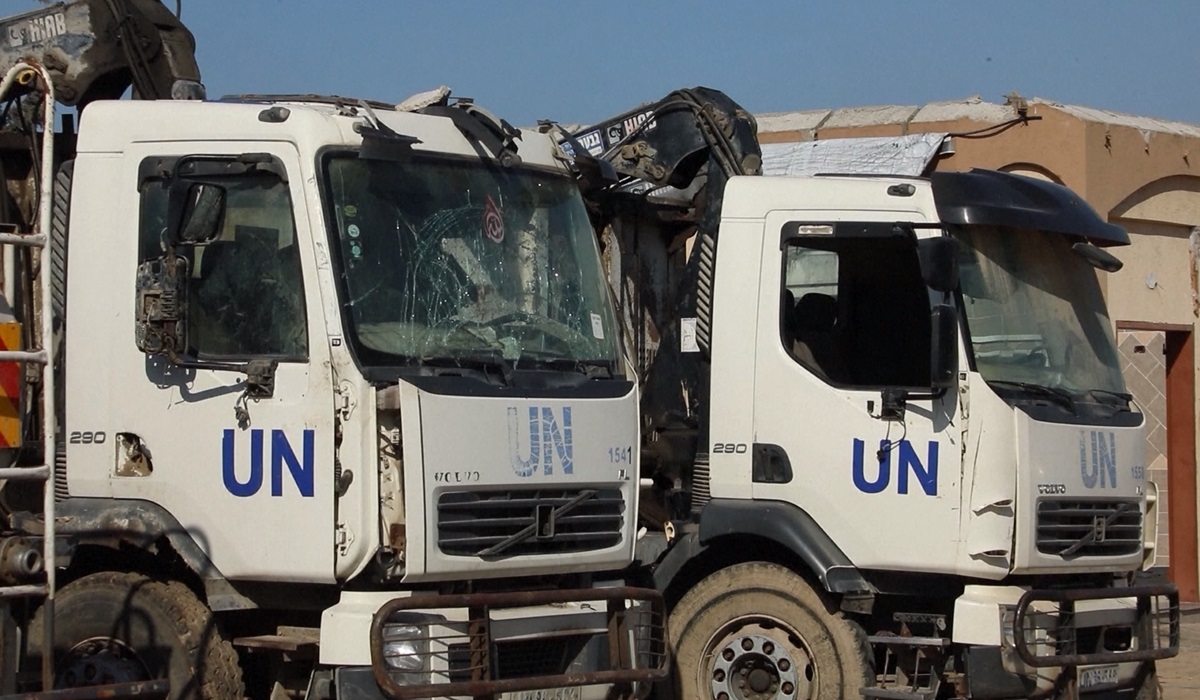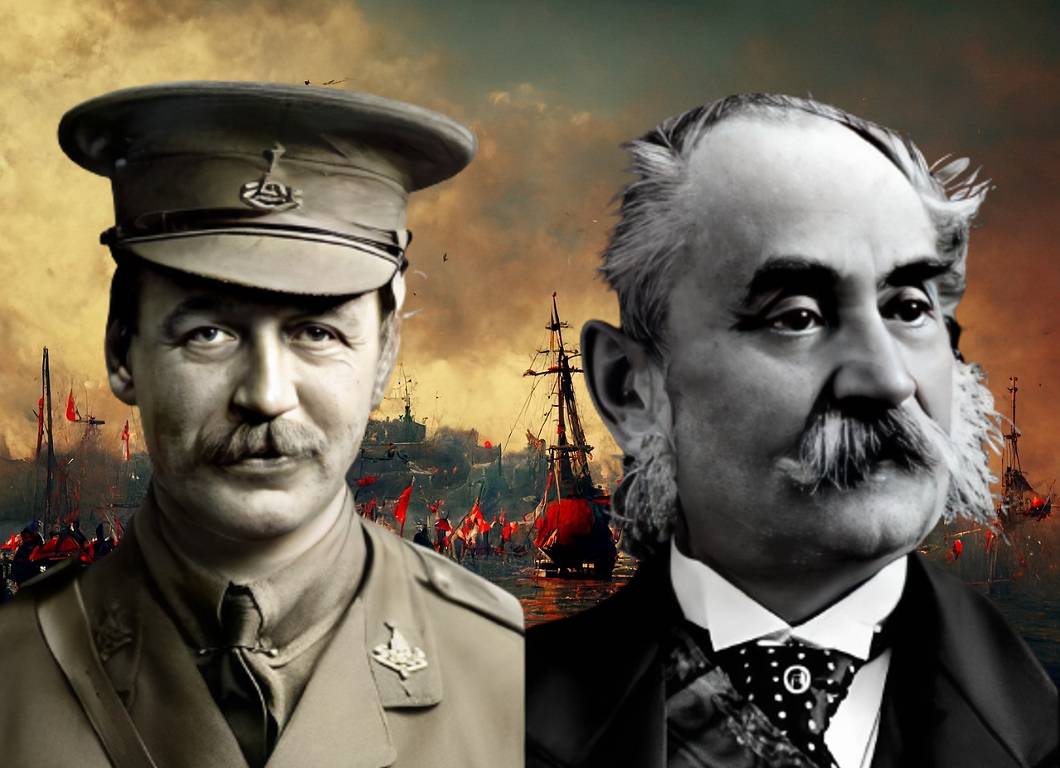Demanding a Ceasefire: A Call for Humanity, Not Antisemitism
- Anne Thompson
- Middle East
- October 4, 2024

By Anne Thompson
Introduction
If I had the power, I would step into the chaos and declare, ‘I don’t care who started it: it ends now.’ Just as I would handle unruly children or adolescents, I would insist on an immediate cessation of hostilities. Inevitably, one would point to the other and claim, ‘They started it,’ but I would remain steadfast in my demand for peace. This approach, though seemingly simplistic, underscores the urgent need for a resolution that transcends blame and focuses on ending the conflict.
The Call for a Ceasefire
In the midst of ongoing conflict and violence, the call for a ceasefire is a plea for humanity, not an expression of antisemitism. It is a demand for the cessation of hostilities, the protection of innocent lives, and the pursuit of peace. To equate this call with antisemitism is to misunderstand the essence of what it means to seek an end to violence.
Historical Perspectives
Stopping an uncontrolled chemical reaction, such as a fire, can be quite challenging. Fortunately, there are some general strategies that can be employed: cooling, dilution, removing reactants, and neutralization. These methods can be likened to strategies for stopping a war: cooling tensions through diplomatic efforts, diluting the conflict with peacekeeping forces, removing key players through negotiations, and neutralizing threats by disarming combatants. Both scenarios require careful planning, timely intervention, and a deep understanding of the underlying dynamics to be effective.
The Israel-Palestine Conflict
Historically, dissident intellectuals have condemned the actions of oppressive rulers and called for mercy and justice. This resonates with the present, where speaking out against injustice can lead to accusations of disloyalty or bias. Eliyahu, for example, was labeled a “Hater of Israel” for condemning the acts of an evil king. This historical perspective highlights the importance of standing up for what is right, even in the face of criticism.
Respecting the 1967 Borders
The Zionist movement’s stated aim is to create a homeland where Jews could exercise self-determination and live in safety and security. The establishment of the State of Israel, with its initially undefined borders, and the subsequent conflict led to the displacement of many Palestinian Arabs, an event known as the Nakba. Respecting the agreed-to 1967 borders would provide a pathway for achieving the Zionist goal of self-determination and ensuring the safety and security of Jews. This approach would also honour the rights and aspirations of the Palestinian people, fostering a foundation for peace and coexistence.
Definitions of Homeland
The demand for a ceasefire is not about laying blame or harbouring prejudice. It is about recognizing the shared humanity of all people involved in the conflict. It is about acknowledging the suffering of civilians, the destruction of communities, and the urgent need for a peaceful resolution. To demand a ceasefire is to call for an end to the cycle of violence and to seek a path towards reconciliation and healing. The only reason to mention supremacism is if we are also going to address the differing definitions of ‘homeland’ by Zionist adherents and secular individuals. Zionist adherents have a specific topographical description of ‘homeland,’ while the secular faithful refer to the ‘homeland’ as agreed upon in 1967, even as they hold dear the ancient land without needing to possess it, in accordance with Talmudic teachings. These teachings, such as those in Tractate Kesubos and Midrash Rabbah, emphasize that Jews are forbidden to return from exile on their own and create a state. It is crucial to clearly distinguish, with surgical precision, between the negotiated 1967 borders and the ongoing, unabated takeover of the West Bank.
Global Citizenship and Peace
In the context of the Israel-Palestine conflict, the call for a ceasefire is a call for all sides to lay down their arms and engage in dialogue. It is a call to prioritize the lives of innocent civilians over political and territorial disputes. It is a call to remember the lessons of history and to strive for a future where peace and coexistence are possible.
Call to Action
As global citizens, we have the power to make a difference. Shunning as a peaceful, structured way to respond to supremacist beliefs and can help raise awareness and encourage individuals to reflect on their actions. It is a practice found in various cultures, religions, and communities throughout history. It transcends gender, religion, and even different societies. By supporting individuals, businesses, institutions, and organizations that promote peace initiatives, we can contribute to a more just and harmonious world. Vote with your dollar and choose to invest in those who prioritize peace and reconciliation. Get involved in your local community, participate in dialogues, and advocate for policies that foster understanding and cooperation. Together, we can build a future where peace and coexistence are not just ideals, but realities.
Clarification
It is important to clarify that advocating for peace and justice is not about targeting any specific group or community. Our goal is to support initiatives that align with the values of humanity, justice, and reconciliation. Criticism of specific policies or actions should not be conflated with prejudice against any group of people. By fostering dialogue and understanding, we can ensure that our efforts are inclusive and respectful of all communities.
Conclusion
In conclusion, the only differentiation of worth that exists is between virtue and vice. It is imperative that we, as citizens of the world, support the call for a ceasefire, lest we, too, lose all moral standing. By doing so, we uphold the principles of justice and humanity, ensuring that we do not compromise our own integrity by ignoring the suffering of others.








